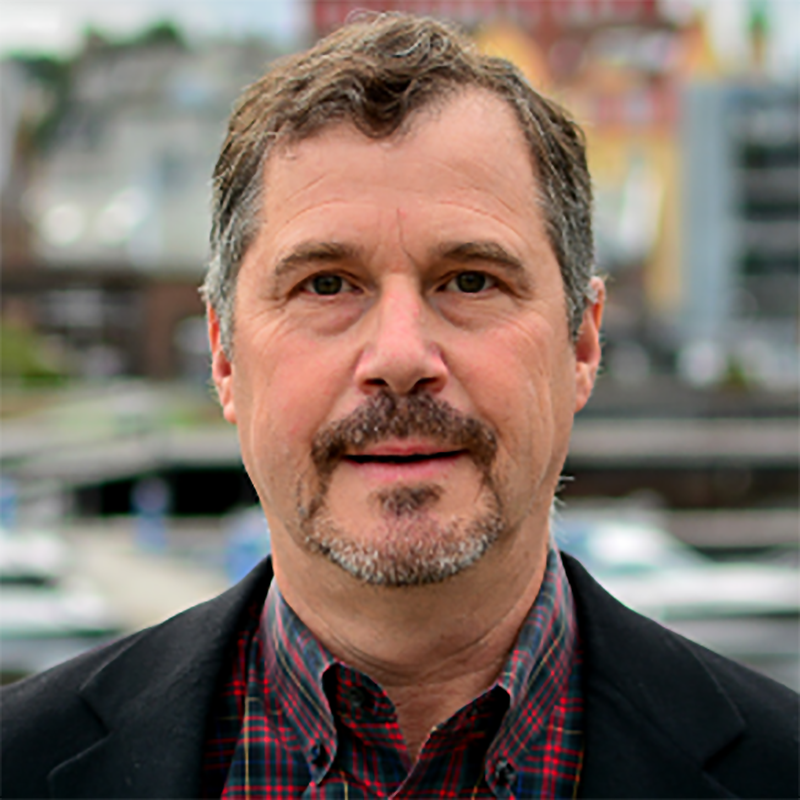UMD’s Gabriel Models Liberalized Energy Markets in Brazil
University of Maryland (UMD) mechanical engineering professor Steven Gabriel has been awarded an $877K contract by Petrobras, a Brazilian company that is one of the largest oil and gas producers in the world. The project focuses on the Brazilian natural gas market, which is in a state of transition from a vertically integrated to a more liberalized one. The project is a research and development (R&D) effort which will have long-term benefits for Petrobras. Gabriel, an expert on game theory, will be helping the company refine a model it is using to guide natural gas market business decisions. “Brazil is going through a process similar to what happened in the U.S. energy market in the 1990s. It’s important for Petrobras to determine how best to position themselves in the new market,” said Gabriel, the recipient of a three-year grant from the multinational company. A member of the UMD faculty since 2000, Gabriel leads the Design, Systems and Reliability Division at the department and is an affiliate of the Institute of Systems Research. He is also a member of the Applied Mathematics, Statistics, and Scientific Computing (AMSC) program at UMD. He is the author of Complementarity Modeling in Energy Markets, a widely-used textbook on mixed-complementarity modeling in energy and other infrastructure systems. One of the key variables Gabriel and his research team (including AMSC Ph.D. student Dominic Flocco) and the Petrobras research team will be looking at is how a liberalized energy market introduces more competition. With support from the Petrobras grant, they’ll be applying some of the tools and techniques that Gabriel used as co-developer of other game theory-based, gas market equilibrium models. “There are huge barriers to entry into the energy market because of the massive levels of investment needed,” Gabriel said. “These investments require long-term planning, hence the need for market equilibrium models determining such things as endogenous natural gas prices.” The model will allow Petrobras to simulate a variety of market scenarios, giving insight into how each might reward investment. Although the term “game theory” may sound abstract to some, the applications are practical, Gabriel stressed. “Petrobras will be looking to the model to help guide month-by-month decisions on contracts, partnerships, purchases, and investments,” he said.
Related Articles: September 13, 2023 Prev Next |


